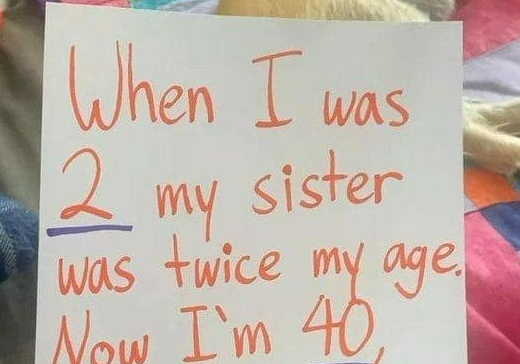17 Times People Were Overconfident in Their Answers But Couldn’t Have Been More Wrong
Overconfidence can lead to some pretty amusing moments, especially when people confidently share incorrect answers. Today, we have compiled 17 such instances where people’s overconfidence led to some hilarious and embarrassing moments.
1. Just Face Your Ignorance
One person on social media confidently believed that using facial recognition would provide the government with their personal details. Little did they know, another user quickly pointed out that driving licenses already contain all the necessary information.
2. Zeus, The Hyper-Potent
In a discussion about classical studies, someone’s overconfidence got the best of them when they confidently stated that Zeus, the Greek god, had only one son. They were promptly corrected by a knowledgeable student who knew that Zeus had numerous offspring.






